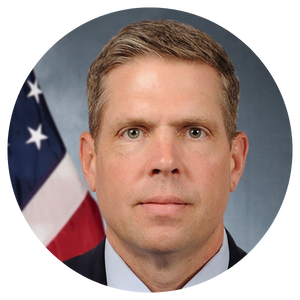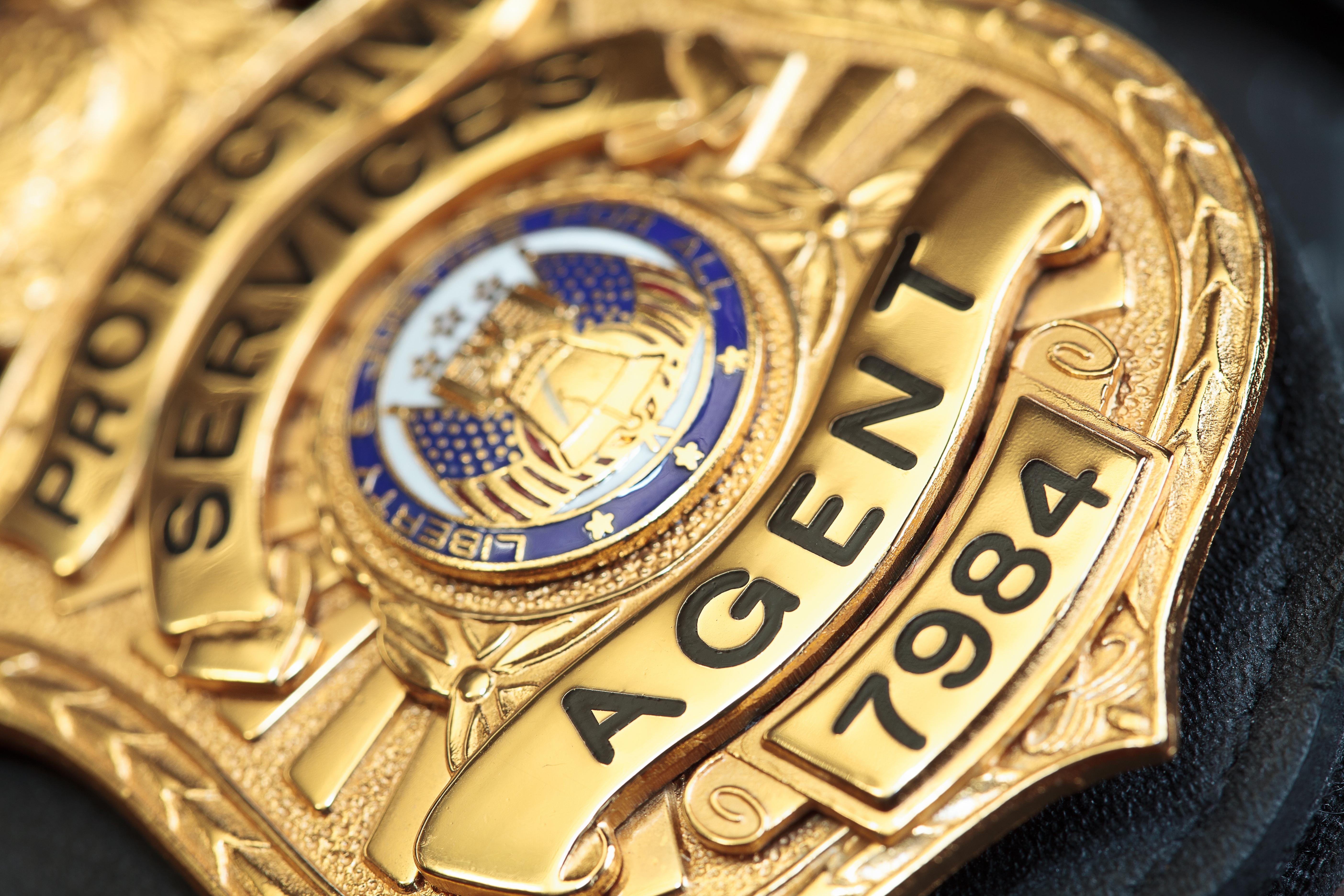When most people think of the Secret Service, the first thing that comes to mind are the special agents in dark suits and sunglasses tasked with protecting the President and other high-ranking political officials. The “bodyguards” of our leaders. This is the protective mission of the Secret Service.
However, what many do not know about is the other mission of the Secret Service – the one that is hardly talked about – and that is the investigative mission. The Secret Service boasts a rich investigation history that dates back nearly 160 years and acts as the glue that keeps the agency tied in with the law enforcement community.
Just as the Secret Service relies on its Federal, state, and local law enforcement partners for its protective mission, this is also true for its investigative mission. For example, the Secret Service is involved in a silent war on digital crime, leading 43 cyber fraud task forces around the world, staffed with officers from state and local police departments, to combat complex cyber enabled fraud. The same type of fraud that cost consumers in this country over $12 billion in losses last year alone.
In addition to investigations, the Secret Service invests in training, working with 5,000 state and local law enforcement officers every year at the National Computer Forensics Institute (NCFI). This innovative facility is the nation’s premier law enforcement training institution for cyber and electronic crime forensics. The NCFI educates state, local, tribal, and territorial law enforcement officers, prosecutors, and judges in the continually evolving cyber and electronic crime related threats and provides the training and tools necessary for forensic examinations to combat those crimes.
When you look back at some of the largest financially motivated hacks over the past 25 years, the Secret Service played a pivotal role in identifying and prosecuting those responsible for the crimes. Think Target, TJ Maxx, Sports Authority, Subway, Experian – all highly publicized breaches and all Secret Service cases. Other prominent cases and results that came to bear as a result of the Secret Service’s investigative mission include:
• The arrest of Roman Zeleznev, a criminal who ran a $50 million cyber fraud ring and was just returned to Russia in the recent prisoner swap.
• The arrest of Ghaleb Alamaury, who was working with cyber criminals and North Korean hackers to steal and launder hundreds of millions of dollars.
• Tracking the crypto usage associated with Russian election interference
• Worked alongside the FBI in the AlphV and Hive ransomware infrastructure takedowns
• Recovery of over $2 billion dollars in pandemic related stolen funds. For context, the Secret Service's annual budget is $3 billion.
While the protective and investigative missions of the Secret Service are distinct, there is also overlap between them. We investigated a bomb threat that was emailed to the Democratic National Committee from a mail.ru account and an online moniker associated with that email. We investigated leaks of President Biden’s family data on darknet forums. We investigated a darknet website that appeared in 2016 soliciting crypto donations to assassinate President Trump. We were part of the Twitter hack case in 2020 where several accounts of those we serve and protect were breached and taken over; we ultimately identified the person behind the attack from an unrelated crypto seizure involving SIM swapping that he was also involved in.
I can say with confidence that at no time has a criminal investigation ever interfered with a protection assignment. In my tenure with the Secret Service, where I was involved with going after some of the biggest whales of the cyber underground, I would set aside my cases for each and every protection assignment.
I can say with equal confidence that if the Secret Service lost its investigative mission, you would have to bar the doors shut as employee retention would absolutely plummet from both Special Agents and professional support. Agents join the Secret Service to be GS 1811 Criminal Investigators. Agents benefit from working criminal investigations as outlined by the recent GAO and DHS reports so I won't continue to belabor that point. It takes Olympic quality mental gymnastics to look at the OPM job description for an 1811 Criminal Investigator and say it applies to someone who just "does protection."
Maintaining the investigative mission of the Secret Service is imperative. Otherwise, the quality of applicants will crater. The most capable candidates will instead head to the FBI, HSI, DEA, USPIS, IRS-CI or any number of OIGs so they can be true Special Agents.
Learn More
Matt O’Neill will be joining us on November 12 at BioCatch Connect in New York City. If you are interested in attending, reach out to your BioCatch account manager or engagement manager for more information on how to register.




